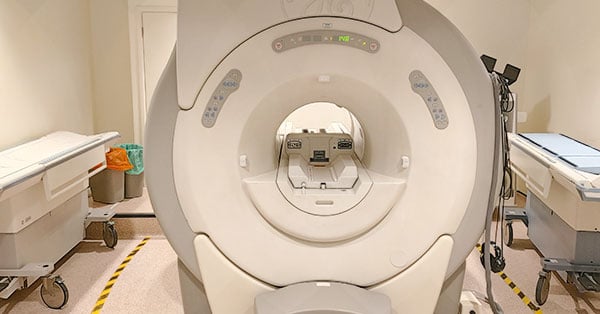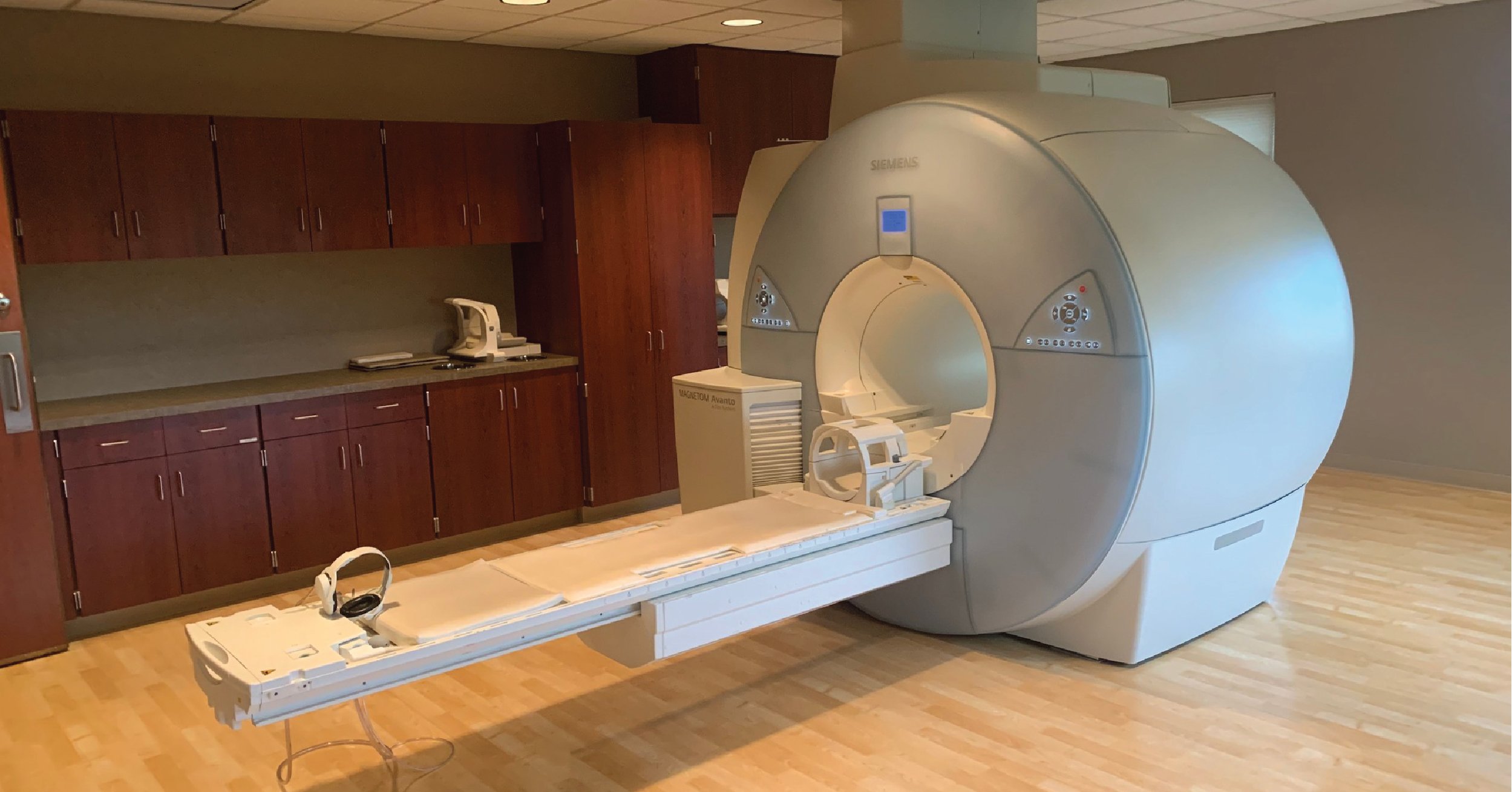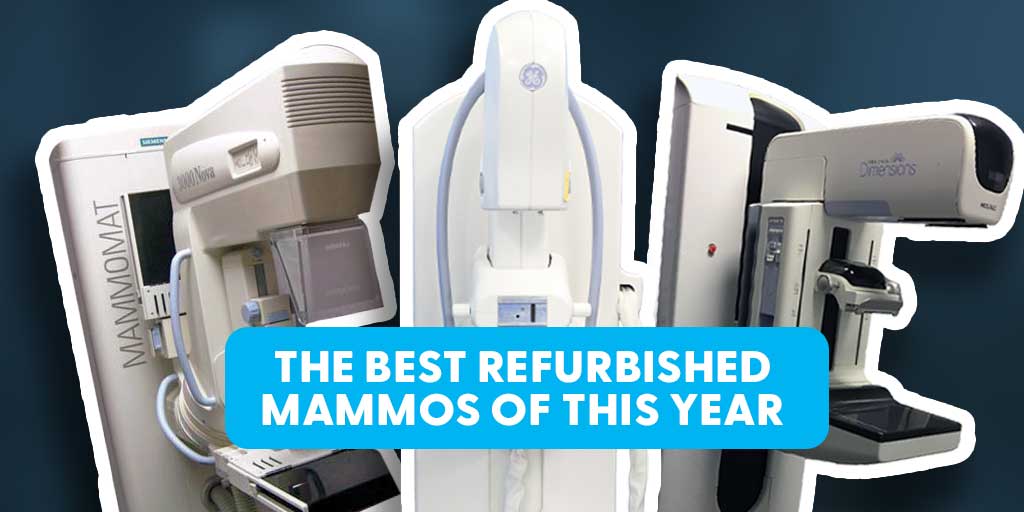
“It's kind of like buying a car” goes the cliché. In many ways, that’s true when buying pre-owned medical imaging equipment, even when you’re dealing with something like a 1.5T MRI scanner.
Just like that car purchase, you’ve got a trade-in option, you’ve done some research with friends, colleagues, and online - and now you’ve got a guy at the "dealership" spinning features, benefits, and line after line of spec, asking what it will take to “earn your business.” Well, what will it take?
MRI Machine Cost and Price Guide
If you are prepared and know the answer before you dive in, you can find some exceptional equipment on the secondary market that meets your requirements and saves your facility money. The four questions below will help you find what you need to know before you begin your MRI purchasing conversation.
Do you know the company you’re dealing with? Do others?
Remember, companies who sell pre-owned and refurbished medical imaging equipment do this every day and you, likely, do not. This can be a blessing if you deal with a reputable company. It can also be a curse if you’re the victim of a less than reputable outfit, so you owe it to yourself to do some due diligence.
The best pre-owned/refurbished equipment providers not only value repeat business, they survive on it. This type of provider is not in it for the one-shot deal and relies on building a strong trust with the buyers they serve.
- Check out their websites
- Talk to them LIVE
- Visit them at their office (make sure they have one)
- Have a conversation with someone who has purchased from this provider in the past
Do you know what your needs are?
Not everyone needs a 3T magnet. Not everyone needs 8, 16, or 32-channel coils. There are a lot of systems out there and many of them might have high-priced features that you don’t really need. If you have manufacturer preferences, MRI coils that simply have to be there, software options that are “must haves”, then know what they are and share them.
Does the company you’re dealing with do business internationally? If so, you have a pretty wide pool to draw from and can find something that fits you pretty well. It is far more productive to share your needs than to ask for a recommendation from the company you’re buying from. It is a safe bet that their recommendations will coincide (amazingly) with their inventory!
Do you know your time frame?
The more time you have, the better the chances of finding the right system. Be realistic here; site planning and build-out for a new room can take time. Funding can take time. The actual installation can be 3-4 weeks depending upon the system you’re putting in.
If you absolutely must to start scanning quickly, you might want to consider a mobile MRI for the interim. This will not only keep you scanning, it will also give you an opportunity to wait until the right system comes along and more accurately assess your patient volume so you can make adjustments if necessary.
See an MRI Project Start-to-Finish with Our MRI Project Planning Checklist
Start your equipment search at least 3-6 months out. It goes without saying (but we’ll say it anyway), the supply of pre-owned equipment is limited and the more time you allow to source it, the better. Which leads us to…
Are you prepared to make a decision?
To revisit the “buying a car” analogy, you will be told that the system you are trying to buy (choose your line) will-sell-fast, is-the-last-one, is-being-inspected-next-week, etc. Do these lines come off as pushy or manipulative? Perhaps they do. They are, however, frequently the truth.
At any given time, for almost ANY given high-end MRI there are only a handful of systems available on the planet. Some, like the Siemens Espree, are not seen for months at a time. Even equipment manufacturers have difficulty buying some of their own systems back for refurbishment. Given the current healthcare climate in the USA, many facilities have delayed acquisition decisions or put them off altogether. This hurts supply as well.
Top 5 Rarest Used MRI Scanners... and Best Substitute MRI Machines
If you find the system you are looking for, from a reputable and vetted company, and if you’re sure it meets your needs and can be made available in your time frame, buy it. Or at the very least, Lock. It. Down.
It also helps to be fully funded or, if you’re sourcing equipment for your hospital or buying group, know what you’re authorized to spend. How and when you share that information is up to you, but it saves time and headaches to know before you start looking.
The Takeaway
So what will it take to earn your business? At the very least, knowing the answers to the questions above will put you in a better position to communicate your needs, expectations, and awareness of the market.

Steve Rentz
Steve Rentz is the Product Manager for MRI Scanners at Block Imaging. Steve's goal is to earn each customer's trust and business by specifically addressing the needs of their unique project. When Steve is not helping customers with their MRI needs, he enjoys running, swimming, and woodworking.





